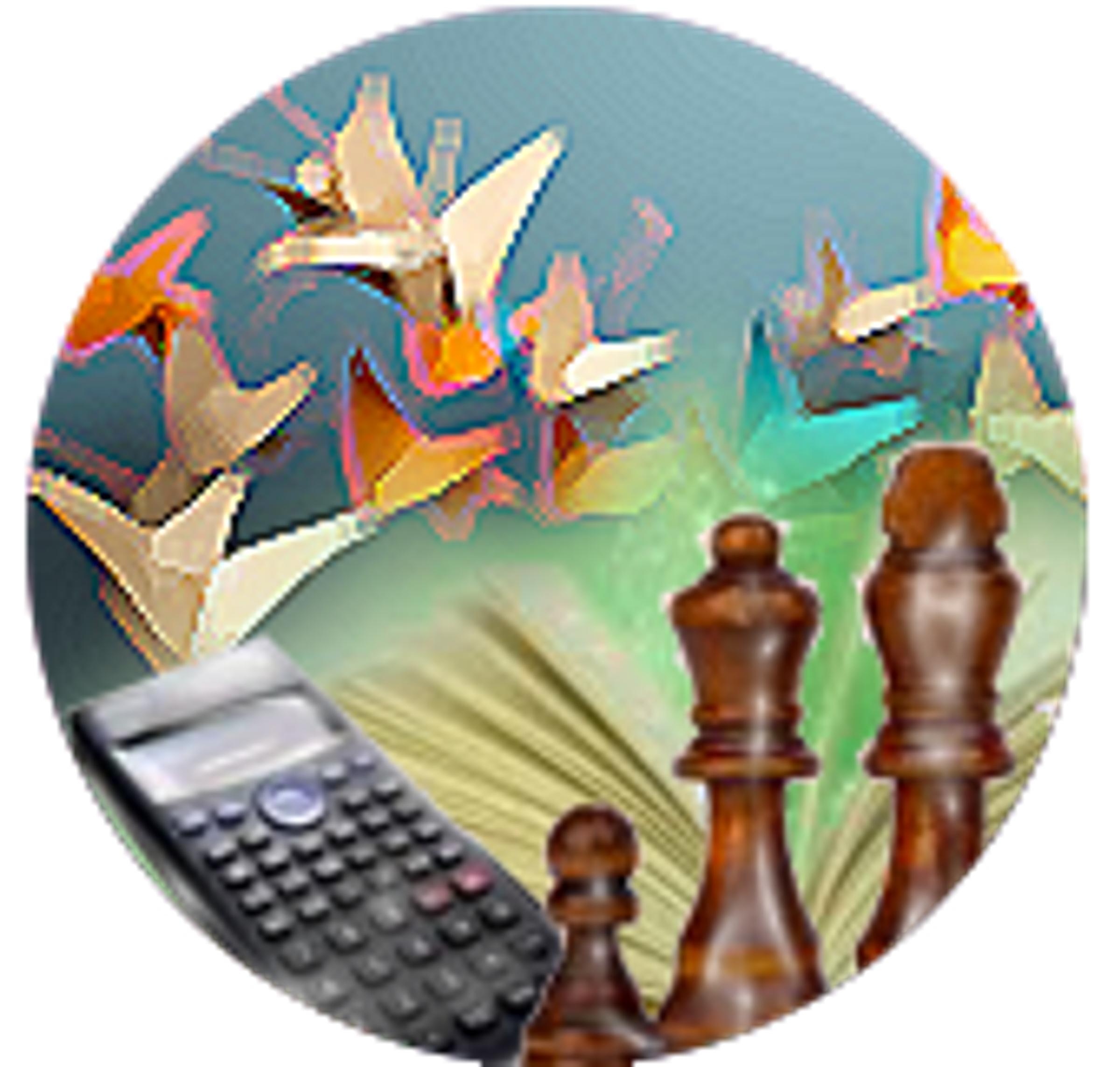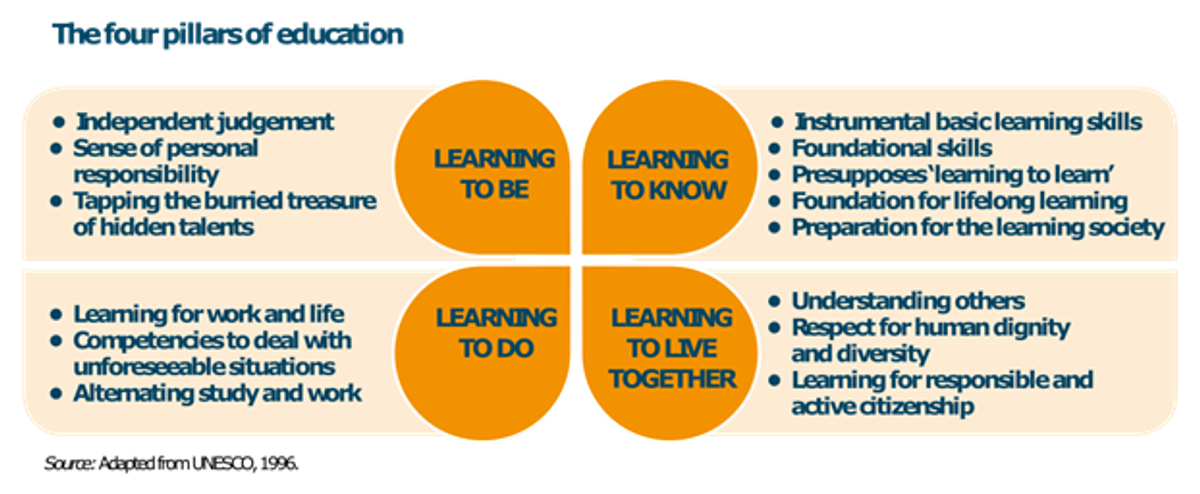JMSS Co-Curricular Program

Foundations for a fulfilled high school life
The JMSS Co-Curricular program (CCR) returned this Wednesday with subjects such as Little Scientists, Photography, Lego Robotics, and many more filled to the max with keen and enthusiastic Year 10 and 11 students. The program has run for many years with an aim to expose students to a range of non-academic based subjects - ones that provide a range of transferable skills that truly benefit our young people over time.
The program follows the UNESCO (The United Nations Educational, Scientific and Cultural Organization) four pillars of learning (learning to: LIVE TOGETHER, KNOW, BE, and DO) with different CCR subjects falling under one or more of these pillars.
Skills such as communication, reasoning, respect, and empathy may be developed in subjects such as Debating or even Tabletop Games and Board Games, which fall under the "Learning to Live Together" Pillar, whose goal is "To expose individuals to the values implicit within human rights, democratic principles, intercultural understanding and respect and peace at all levels of society and human relationships to enable individuals and societies to live in peace and harmony.
Other skills such as teamwork, coding, programming, and entrepreneurship may be developed in Innovations and Inventions, or Robotics and Emerging Technologies - falling under the "Learning to Do" pillar aiming "to provide the skills that would enable individuals to effectively participate in the global economy and society."
"The Learning to Know" pillar aims "To provide the cognitive tools required to better comprehend the world and its complexities, and to provide an appropriate and adequate foundation for future learning" and subjects such as Knitting and Philosophy, Chess, Brain Bee, etc may help students further develop their sense of logic, patience, troubleshooting and help them gain an understanding of how humans think, communicate, and make memories, enabling them to understand the complexities of our world.
Finally, the "Learning to Be" pillar aims "To provide self analytical and social skills to enable individuals to develop to their full potential psycho-socially, affectively as well as physically, for an all-round ‘complete’ person." Subjects such as Yoga, How to Thrive, and Creative and Critical Thinking Skills aim to help students develop better mental intelligence, mindfulness, and a toolkit for mental health, while subjects like Monash Sport develop their sense of teamwork, communication skills, as well as teaching them the importance of fitness and physical health.
New CCR coordinator Ms Abby Goff has a great passion for the program, saying that "the goal of co-curricular is to show students how important work-life balance is. Too often people get so focused on work and they forget that life still exists - that we need to take care of ourselves...". Ms Goff has always loved crafts and hobbies, however, she finds it difficult to give herself permission to take a break now and then
During her postgraduate studies, she burnt out multiple times and believes that “perhaps if [she] took a break every now and then, and did something for [herself]... a bit of self care… perhaps [she] wouldn’t have burnt out…If only there were programs like this when [she] was in high school… How cool would that be?! … teaching kids to value their minds and wellbeing right from the start, instead of waiting till they have experienced a burn out”.
The health of our brains and our minds are just as important as our physical health, and by nurturing and caring for them, we can potentially improve in other areas of our lives, such as our studies.
Another skill that is often overlooked (especially in highly academic environments) is the confidence and ability to communicate well with one another. “In postgrad. there were so many PhD and Master students who really struggled to communicate their science and research, and it was really frustrating to see, because you have some of the worlds smartest people here - those who could come together, collaborate, and discover or make something great” says Ms. Goff, “...but if they cannot even explain to one another what they are doing, then these projects will never get off the ground… This is why the Co-Curricular Program is so great - our kids, who love science, get to develop their communication, collaboration, and creative skills now, so that in their future careers they can REALLY make a difference in the world!”






